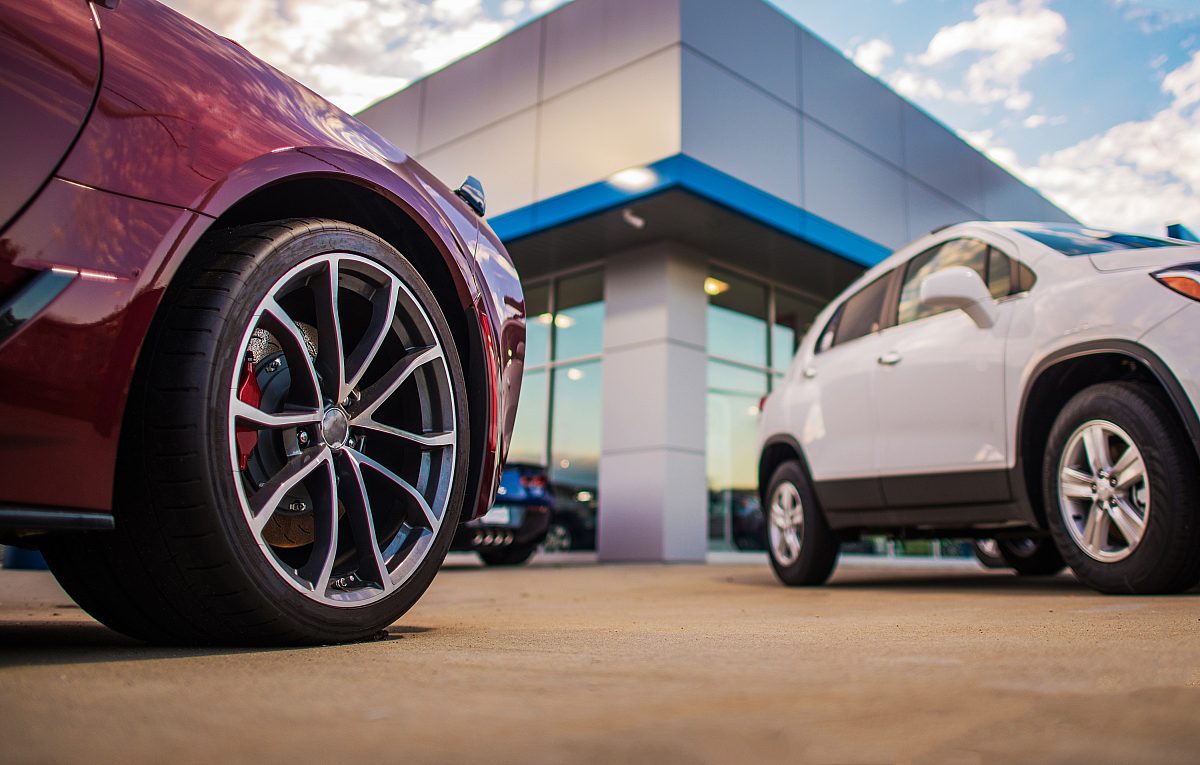
European new car registrations fell by 18% year-on-year in August, indicating that the positive trend seen since May – when lockdown began to ease across Europe – has been halted, JATO Dynamics figures show. In total, the market registered 881,897 new passenger cars last month. Year-to-date figures show a similar picture, with 7,247,341 new cars registered, down by 33% from 2019. Felipe Munoz, global analyst at JATO Dynamics, highlighted “The larger drop seen in August was mostly caused by business/fleet registrations, as private registrations only fell by 4%”.
1 in 5 new registrations were electrified vehicles
Consumers across Europe bought 188,700 electrified vehicles, an increase of 121% compared to August 2019, representing 21.4% of total registrations.
Hybrids accounted for 49% of EV total registrations in August, with their volume increasing by 86% thanks to the mild-hybrid technology available in some Ford, Suzuki and Fiat models. Pure electric cars followed this success, with 48,800 units, an increase of 111%. Growth was driven by Renault (+112%), Hyundai (+107%), Volkswagen (+97%) and Kia (+397%), with Tesla only growing by 11%. Plug-in hybrid electric vehicles (PHEV) found 44,700 new customers, with registrations up by 283%. This huge increase amounted from the success of premium brands, accounting for 55% of their volume, and the new Ford Kuga.
SUVs’ continued success
Despite this, SUVs have continued to gain traction, despite their higher price tags. Last month, 4 in 10 new passenger vehicles registered were SUVs – this being 358,100 units, a decrease of just 12%. This decline in sharp contrast to the 20%, 35%, or 44% decrease posted by midsize cars, city-cars and MPVs respectively.
In August, demand for the smallest SUVs totalled 147,000 units, down by 13% from August 2019. The most successful models were the Peugeot 2008, Renault Captur and Volkswagen T-Roc. Similarly, in this segment, the models that gained the most traction were the new Peugeot 2008, Hyundai Kona and Ford Puma. The compact SUVs registered 144,700 units, down by 9% over the same period. The Volkswagen Tiguan led the group but saw a decrease of 19% in registrations, while green rivals like the Toyota C-HR and Kia Niro posted large increases.
Best selling cars
While the Volkswagen Golf led the group once again with 22,400 units, PSA and Renault Groups were able to position 6 of their models in the top 10, leaving just 4 positions for Germany.
Outside of the top 10, the Ford Puma secured 16th position with 11,300 units – gaining the highest market share during August. The Kia Niro, boosted by its new electric model, also recorded a huge growth of 107% year-on-year – the 29th best-selling vehicle, with 7,900 units registered. The BMW 1-Series’ volume rose by 96%; Mercedes GLC saw an increase of 64%; Renault Zoe was up by 113% and Volvo XC40 rose by 82%. Skoda registered almost 6,000 units of its small SUV Kamiq, and the Fiat Ducato saw its demand soar, up by 70%, becoming the best-selling van of the month.
Further down the list, Nissan almost doubled the registrations of the Juke; Kia posted 3,700 units with the Xceed; Mazda registered 3,500 units of the CX-30; Audi Q3 Sportback registered 2,518 units; volume increased by 73% for Audi E-Tron; and BMW registered 1,727 units of its Series 2 Gran Coupe.
View the full article here
